Overhead Crane Operation
Scope (Target Audience)
The Course is designed anyone involved in operating an Overhead Crane.
Objective
At the end of the course the delegate should be able to –
Understand safety regulations regarding the use of cranes.
Understand basic crane operating principles.
Understand limitations in lifting capacity.
To be aware of the effect of sling angles on the S.W.L./W.L.L.
Understand how to perform pre-use checks.
Understand basic overhead crane operation.
Understand limitations in lifting capacity.
Course Content
The syllabus covers:
Principles of operation – Introduction to the operating controls. Principal parts of an overhead crane
Pre-operation checks – Safety checks which must be completed before each working shift.
Fault reporting system – What to do in the event of finding faults on equipment
Lifting Capacity – What a crane will lift safely, and how it can be overloaded.
Observation and Hazards – Looking out for the safety of others, and other work hazards
Load stability, centre of gravity – Assessing how to attach the load for stability, looking at the attachment of the load. Centralising the hook block over
the centre of gravity.
Signaling/Communication – Setting up a line and system of communication. Hand signals (radio)
Slings, Lifting accessories – The different types of slings and lifting accessories. Identification marks, colour codes
Practical checks (slings) – Checking for faults in lifting tackle. Fault finding and reporting
Practical use of crane – Using the crane to lift loads, safely move and set down loads
Equipment checks.(slings) – Checking for faults in lifting tackle. Fault finding and reporting.
Assessment –Theory
Ongoing verbal assessment through the session.
Written tests
Assessment – Practical
Observed use of the crane controls, marked against the set objectives.
Working in accordance with Lifting Equipment Technical Regulation QP-001-Rev 5
Prerequisite
No prior experience necessary.
Certification & Approvals
Q.I.S.C. certification.
Course Duration
1 Day Theory and Practical training
Maximum Number of Delegates
Maximum 8
Venue
Held at Qatar International Safety Centre Premises, If held at customers premises classroom crane and lifting equipment must be available, (crane/lifting
equipment must be tested with certificates)
Items to bring
Full P.P.E
Safety Hat
Safety glasses
Ear protection (if necessary)
Coveralls
Leather gloves
Safety foot wear
High visibility vest
Health
Should be fit and agile, good eyesight.
All delegates will be asked to complete a standard medical questionnaire prior to the course.
All delegates must have relevant site specific authorisation passes
Dates and Cost
Given on request.
